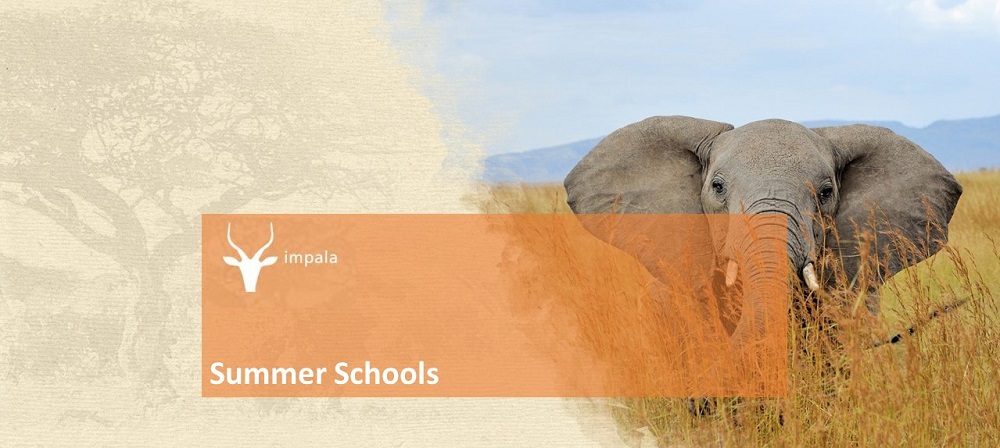To make a summer school successful it is important to plan its set-up and development carefully. When defining the topic, make sure that it is suitable and attractive for the target audience. Share the responsibility for the organizational aspects among various stakeholders in your institution. Work out a business plan and start well in advance.
Choosing a suitable subject and profile
Defining the topic(s) of the summer school programme or course/s means defining a summer school profile. The profile of the summer school must be consistent with the profile of the institution offering the summer school and with the aim of the summer school itself. If the main aim is to recruit future students, the summer school courses should reflect the courses offered at Bachelor and Master levels. If the aim of the summer school is profit-making, the organizer should carefully consider which topics would be most attractive and what the institution’s ‘unique selling proposition’ could be.
The unique selling proposition approach
This approach consists in carefully considering what the most attractive content for the target audience could be. The cultural characteristics of the target audience should also be taken into account. Think about the academic excellence of the organizing institution as well as the cultural context of the university and the geographical, cultural, political and anthropological characteristics of the region.
Potential subjects for the South African context
– The HIV/AIDS epidemic: the South African experience
– Multilingualism and intercultural communication
– Growth, unemployment and inequality in South Africa
– Citizenship and migration: South Africa’s 21st century challenges
– South African history and culture
– Understanding the South African economy and financial management
– Environment, conservation and development in South Africa
– Basic introduction to a local South African language
– Doing business in South Africa
– Short course on public health issues
– Module on the management of democratic elections in Africa
– Course on Africa and international trade – building an African developmental state
– Programme on public policy processes
– Programme on state leadership, accountability, ethics and governance
Courses and modules can also be combined and offered according to the participants’ needs (e.g. first two weeks: basic language and local culture courses for all students; third and fourth weeks: two modules on specific subjects for different target audiences).
The organizational model
Two main organizational models can be identified among well-established summer schools:
– a centralized model, in which the director of the summer school decides on the content and timetables for all courses
– a decentralized model, in which the director or project manager is in charge of the logistics and some administrative aspects, but the content of each summer school course is the responsibility of an academic director.
When a university starts a summer school for the first time, it is advisable to adopt a shared responsibility model. In this model, a central office (e.g the International Relations office) is in charge of the organization and of identifying a suitable topic. The topic is then discussed with the appropriate department for the elaboration of the programme. The summer school is implemented as a joint effort.
Planning the summer school
The three macro-phases for the organization of the summer school are:
– Development of the content and approval/accreditation of the summer school
– Publicizing the summer school (marketing plan)
– Application, enrolment and payment
These three phases may overlap, especially if the administrative procedures for approval take longer than expected.
Allow at least one year to implement the three phases, but keep in mind it could take longer, especially the first time. The grid below can be used as an example of a time schedule.

The table is taken from the article ‘Summer School: How to get started’, by Inez Meurs and Jeroen Torenbeek.
This article has been inspired by the publication: “International Summer Schools” EAIE toolkit n° 5, edited by Jeroen Torenbeek and Inez Meurs. The authors of the booklet have also been involved in the IMPALA project as trainers.


